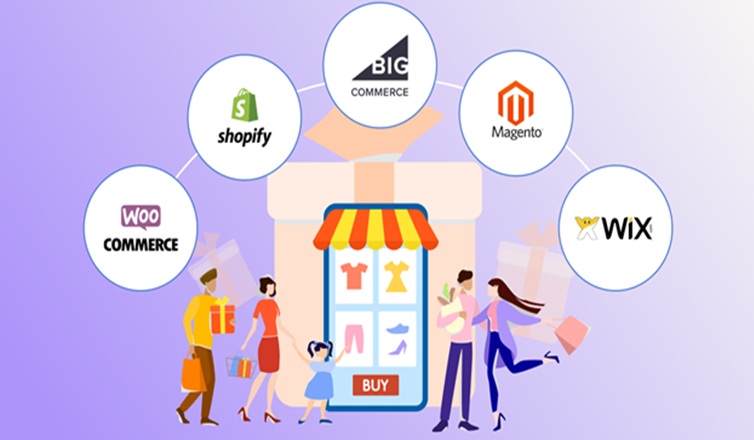With digitization touching every aspect of human life, it is not surprising that retail eCommerce sales are expected to cross a whopping $6542 billion by 2023. However, with so many eCommerce platforms available out there precisely 370, choosing the best requires thorough research.
The right option takes a business soaring high in the sky while a mistaken one can lead you to teeter for long. Don’t worry! For your convenience, we have prepared a list of the top 5 eCommerce shoppingplatforms that you can rely on for fulfilling your business ambitions.
However, why should you trust this list!
Well, here’s a list of points that we have considered for preparing the list of best eCommerce platforms.
- First things first, the platform must allow you to create an intuitive and innovative eCommerce website where end consumers can shop with great ease and convenience.
- Mobile responsive designs are a must as according to Statista, m-commerce is expected to constitute 72.9% of the total e-commerce sales by 2021.
- The platform must allow both the consumer and seller to track the records of the product. It means the consumer should be able to find whether the ordered product is in the shipping phase, out for delivery, etc. While the seller can easily update and modify various details about it by accessing an advanced back-end.
- The chosen platform must be scalable with the growing business, as switching to a new platform may lead to unnecessary loss of consumers.
- With 20 million eCommerce sites already out there, customization plays a crucial role in creating your brand identity and mark.
- Must be supported with multiple plugins and themes to cater to diverse business needs and consumers.
- Multiple secured payment gateways are an ideal part of any eCommerce project.
Based on the above checklist points the top 5 eCommerce platforms are as follows:
- WooCommerce
- Shopify
- BigCommerce
- Magento
- Wix eCommerce
Let’s study each of them in detail.
1. WooCommerce
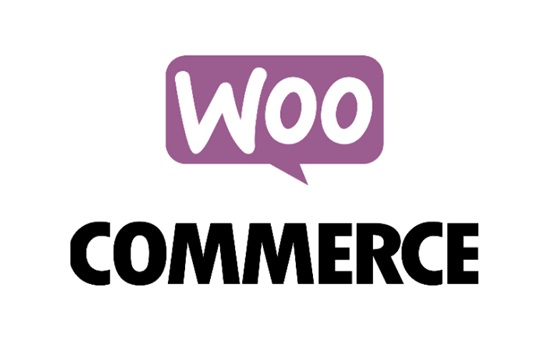
WordPress is powering 35% of the web according to W3Techs and eCommerce is no exception to it. WooCommerce is a powerful plugin that allows you to transform any WordPress site into a functional eCommerce portal. According to Statista WooCommerce holds a staggering 28.42% of the world's leading eCommerce software platforms and technologies.
As the platform is based on a freemium model which means you need not pay for the software and expenses will be mainly on additional features, hosting, etc. more users join WooCommerce daily. Choosing WooCommerce will bring you multiple benefits and few cons too, so what are you waiting for? Hire woocommerce developers and get set go.. Have a look at them both.
Pros of using WooCommerce
- It is one of the most affordable options on the list as users can access multiple free themes and plugins to make a fully functional eCommerce store at a low cost.
- The platform can be used to sell a diverse range of products and services and multiple payment gateways can be easily integrated as a part of it.
- The website looks and performs in a professional way making it a credible option for consumers.
- The security offered by WooCommerce is robust which makes it a preferred choice for many.
- A WooCommerce website is SEO friendly which helps in drawing traffic to your platform.
Cons of using WooCommerce
- The Wishlist functionality of the WooCommerce theme is not much efficient.
- Opting for a decent hosting of the Website can prove costly to the investor.
Big Brands using WooCommerce: Thermos Malaysia, Game Textures, NC Fitness, etc.
2. Shopify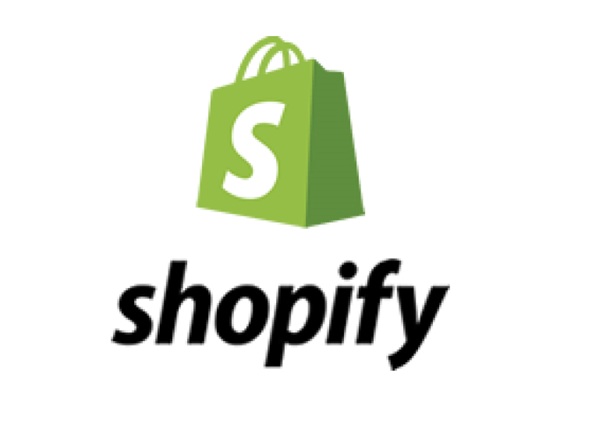
Shopify is a complete package for any eCommerce solution and according to Statista, it has a market share of 10.98%. Shopify comes in four different packages to woo and suit a diverse range of clients. Although the basic features offered by them are the same the upgraded features make them an ideal fit for simple to big billion enterprises.
The different versions namely include Basic Shopify, Shopify, Advanced Shopify, and Shopify Plus. Apart from these four Shopify Lite is a unique version that lets users sell products on social media platforms. You can also hire Shopify developers for a customized platform. To get sure about choosing Shopify have a look at its pros and cons.
Pros of using Shopify
- All the versions offer you an established eCommerce platform along with a blog section.
- There is no cap on uploading and selling the number of products.
- One can easily connect with an advanced team of customer support which is readily available 24/7.
- The security of the platform is advanced and secured with SSL certifications.
- Recovery of the advanced cart is feasible with all the versions of Shopify.
- When opted for the Shopify edition you get additional benefits of limitless bandwidth, shipping, customization, etc.
- The advanced version of Shopify lets you create advanced reports and also an unlimited storage capacity.
Cons of using Shopify
- The level of customization is limited.
- The advanced version is costly making it unpreferable for startups.
Big Brands using Shopify: Jeffree Star Cosmetics, Budweiser, Tesla, etc.
3. BigCommerce
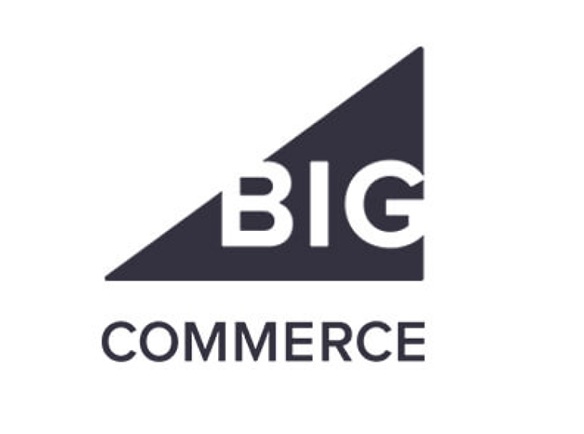
BigCommerce is an excellent option for launching your eCommerce platform as it is hosted which reduces the burden of buying hosting separately. Thus all, that will be required is a system with an internet connection to set up and manage one’s store effectively.
Much like Shopify, BigCommerce also comes in four different plans and pricing to facilitate a different range of enterprises. The plans are named Standard, Plus, Pro, and Enterprise. Each of them has a significant level of advantages which makes them stand out from the rest.
Pros of using BigCommerce
- It offers an enterprise with a total of 12 free templates that can be used to design and develop a stunning professional website.
- You can sell several physical and digital products with defined pricing to boost your business.
- A wide array of payment gateways is available to ensure zero loss of leads.
- Advanced drag and drop page builder are also available to facilitate easy and intuitive designing of the website.
- Search engine optimization is also available when you choose BigCommerce to launch your website.
Cons of using BigCommerce
- BigCommerce is not a preferred option for startups with low budgets.
- Its learning curve is not gentle.
Big Brands using BigCommerce: Skullcandy, Pandora, Ben & Jerry’s ice cream, etc.
4. Magento
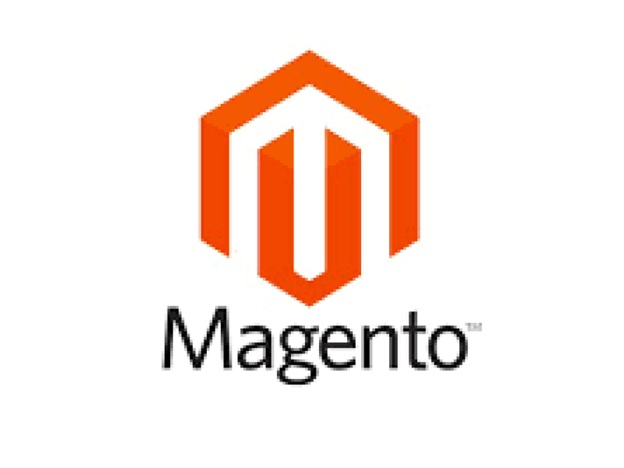
Magento holds a 3.44% share of the leading eCommerce platforms and is considered a first choice for many business enterprises both startups and SMEs. Customized designing, a high level of flexibility, and easy stock management are some of the prominent features of Magento that are worth mentioning.
Supporting and managing multiple stores across different regions of the world becomes much convenient when you are using Magento as your eCommerce platform. Multilingual support will ensure your product gets sold to a diverse range of clients all across the world. Here are a few pros and cons of relying on Magento services.
Pros of using Magento
- Magento has a matured community of support owing to its vast scale use across the world.
- The developed eCommerce website is mobile-friendly which is optimum for m-commerce.
- Dynamic pricing for different customers can be ensured with great ease and convenience.
- Multiple currency support is also feasible with Magento which enhances sales in different regions of the world.
- You can start small and simple and keep on expanding as scalability is well taken care of in Magento.
Cons of Using Magento
- Magento is a costlier option and requires a sufficient amount of investment from your side.
- Dedicated servers are a must to host Magento.
Big Brands using Magento: Hermes, Christian Louboutin, Nike, etc.
5. Wix eCommerce
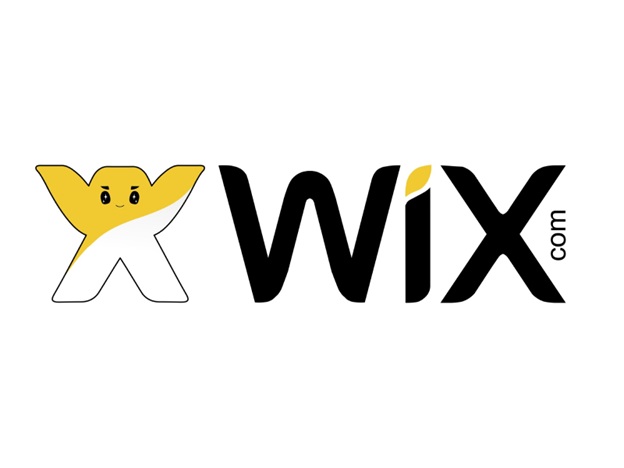
Wix stores constitute a 4.6% share of the leading eCommerce platforms as per Statista. It is a commendable number owing to a high number of eCommerce platforms across the world. Wix offers your website with a good speed performance which helps in ensuring a good conversion of leads.
The availability of tons of templates makes Wix eCommerce a stunning and reliable option to go for. You can either use them to avoid building a website from the scratch or simply take them as a reference for the final outlook of the digital platforms. Look at a few pros and cons to consider while choosing the Wix eCommerce platform.
Pros of using Wix eCommerce
- It offers an intuitive drag and drop interface which helps in ensuring a smooth and intuitive design of the website.
- A range of solutions are available in the form of Wix App Market, which in a way can be referred to as plugins. To mention a few the Chat app lets you communicate with the clients.
- SEO compatibility gets built-in with the dveloped website.
- Email marketing which is widely used to send content to clients is also feasible with the Wix eCommerce platform.
Cons of using Wix eCommerce store
- When opted for a free website your webpage will display that it has been designed using Wix which may be undesirable for many.
- For using analytics, you need to enroll in a paid plan.
Big Brands using Wix eCommerce: Sonja van Duelmen, Poke Bowlz, Ravin AI, etc.
Over to You
That was all about the top 5 leading eCommerce platforms across the world. based on your needs, demands, and budget compatibility, you can choose any of them for a stunning eCommerce website.
eCommerce development companies in India offer a range of practical solutions weighing the requirements of the business. You can connect with them for a free consultation.
